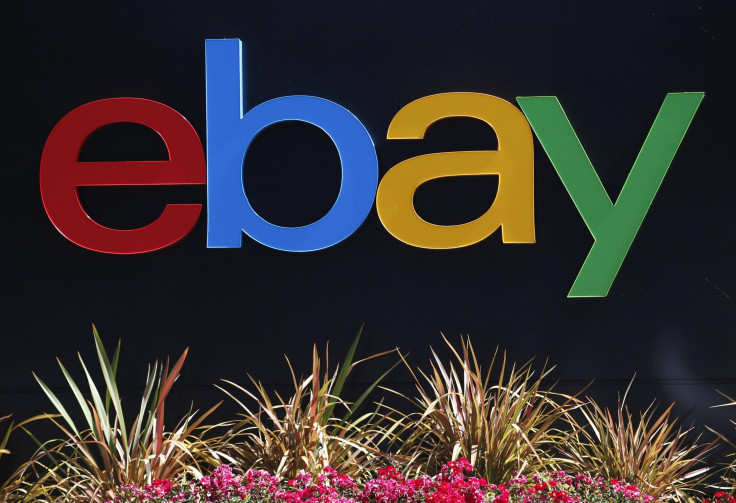How Alibaba And Apple Could Decide The Future Of EBay And PayPal

Analysts and activist investor Carl Icahn have been agitating for a split of eBay and PayPal for years. So why now and what happens to the two companies as they go it alone next year?
EBay CEO John Donahoe said the company’s decision to spin off PayPal long pre-dated two events that may impact both companies going forward: the IPO of Alibaba Holdings Ltd. and the launch of Apple’s Apple Pay payments system.
Alibaba CEO Jack Ma has said that expanding into the U.S. is a priority for the Chinese e-commerce giant. But the U.S. market is far different -- much more advanced -- than China. To go big in the U.S. Jack Ma will have to do a deal, and increasingly, eBay looks like a natural target.
“The only way Alibaba can break into the American market is to have an American company like eBay, otherwise, they’re going to have a really tough sell,” said Marth Stokes, chartered market technician and chief executive officer of TechniTrader, said to IBTimes. “What’s happening is Icahn wants to force a sale of eBay to Alibaba, but that would cause a lot of problems for investors because Alibaba has 80 percent of the market share in China, and that’s a pivotal percentage to say its reached market saturation.”
Alibaba has other reasons to do a deal. It’s dominant in China but its business is limited largely to PCs while the world is going mobile. EBay, on the other hand, has made great inroads in mobile commerce in the U.S.
Alibaba’s dominant position in China is also a weakness. As China's population ages, an inverted pyramid is beginning to develop where there will eventually be more people over the age of 50 than under, resulting in too few workers left to support retirees.
“Alibaba must either be prepared to spend enormous sums building their brand and winning over online shoppers in the U.S., or be willing to spend on acquisitions that will help them enter the market,” said Zia Daniell Wigder, vice president and research director at Forrester Research.
In the payments space, PayPal services 152 million active registered accounts online and is responsible for the transfer of $1 out of every $6 spent online. It is less dependent on eBay than ever. While the payments processor has 80 percent penetration on the e-commerce giant, eBay is a rapidly decreasing share of PayPal transactions. EBay is currently 30 percent of PayPal’s volume and it is expected to quickly fall to just 15 percent, down from 50 percent a few years ago.
But it has not made the transition to mobile and now faces very significant threats from Apple Pay, Google Wallet and the various credit card issuers that have their own mobile payments initiatives.
The company nearly had a deal with Apple to power Apple Pay, but that was until the tech giant found out the payments company struck a similar deal with Samsung Electronics to offer fingerprint-protected mobile payments to Galaxy S5 users, Bank Innovation reported. Apple Inc. instead partnered with payments processor Stripe when the company unveiled Apple Pay last month that launches in October.
But a newly public PayPal would have cash and stock currency to do its own deals. It could also be an acquisition target itself from the likes of Google. But the biggest difference for PayPal will be the opportunity to partner with more e-commerce players -- including EBay’s rivals.
“The PayPal, eBay split makes a lot of sense for PayPal,” said Denee Carrington, senior analyst at Forrester Research. “PayPal needs speed and flexibility to effectively defend and grow its business without worrying about whether it is helping a competitor to eBay.”
© Copyright IBTimes 2025. All rights reserved.






















